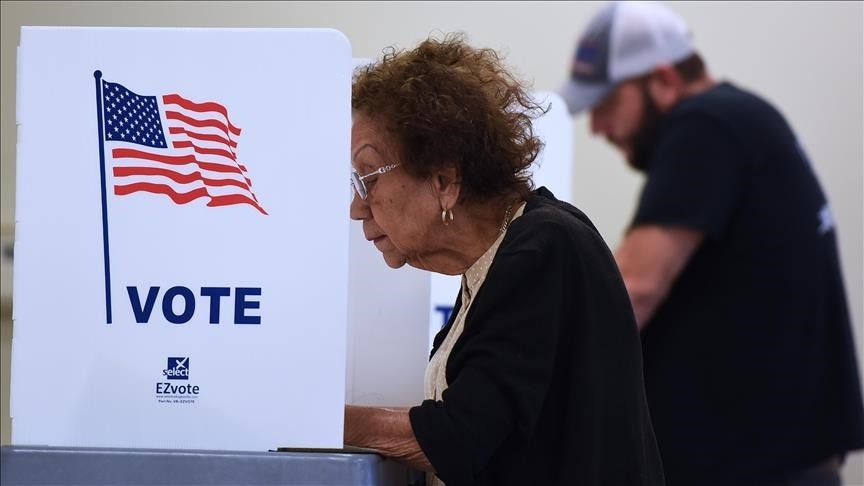Georgia Top Court
The Georgia top Court delivered a significant ruling on Monday, determining that Cobb County cannot extend the deadline for counting approximately 3,000 absentee ballots that were dispatched shortly before Election Day.
This decision represents a victory for the Republican National Committee (RNC) and presidential candidate Donald Trump.
In siding with the RNC, the court overturned a previous ruling by a lower judge that had allowed the ballot counting deadline to be extended until Friday.
The Supreme Court’s ruling clarified that only absentee ballots arriving by 7 PM Eastern Time on Tuesday—midnight GMT on Wednesday—would be eligible for counting. This ruling underscores the court’s stance on maintaining strict adherence to established election deadlines.
The backdrop to this legal battle involved civil rights organizations that filed a lawsuit last week. These groups argued for an extension of the deadline, claiming that Cobb County officials had violated state law by failing to send out the absentee ballots in a timely manner.
County officials, on the other hand, contended that they were overwhelmed by a surge in absentee ballot requests, which made it difficult to meet the existing deadlines.
RNC Chair Michael Whatley emphasized the importance of adhering to Election Day deadlines, stating, “Election Day is Election Day—not the week after.”
This sentiment reflects the RNC’s broader position that extending the counting period for absentee ballots could undermine the integrity of the election process.
Cobb County, a sizable and racially diverse region in the northern suburbs of Atlanta, is noteworthy for its political dynamics. In the 2020 presidential election, the county had a notable Democratic lean, voting for Joe Biden over Trump by a margin of 14 percentage points.
This history adds further complexity to the significance of the Supreme Court’s decision, particularly as Georgia has emerged as a key battleground state that could influence the outcome of the presidential race.
Following the Supreme Court’s ruling, any absentee ballots received after Election Day are to be separated and set aside, ensuring they will not be counted.
For voters who either did not receive an absentee ballot or lacked sufficient time to mail it back, the court’s ruling allows them to vote in person on Tuesday.
This ruling is crucial as Georgia remains one of the seven closely contested states that are expected to play a pivotal role in determining the winner of the highly anticipated race between Trump and Democratic Vice President Kamala Harris.
I am a dynamic professional, specializing in Peace and Conflict Studies, Conflict Management and Resolution, and International Relations. My expertise is particularly focused on South Asian Conflicts and the intricacies of the Indian Ocean and Asia Pacific Politics. With my skills as a Content Writer, I serve as a bridge between academia and the public, translating complex global issues into accessible narratives. My passion for fostering understanding and cooperation on the national and international stage drives me to make meaningful contributions to peace and global discourse.










